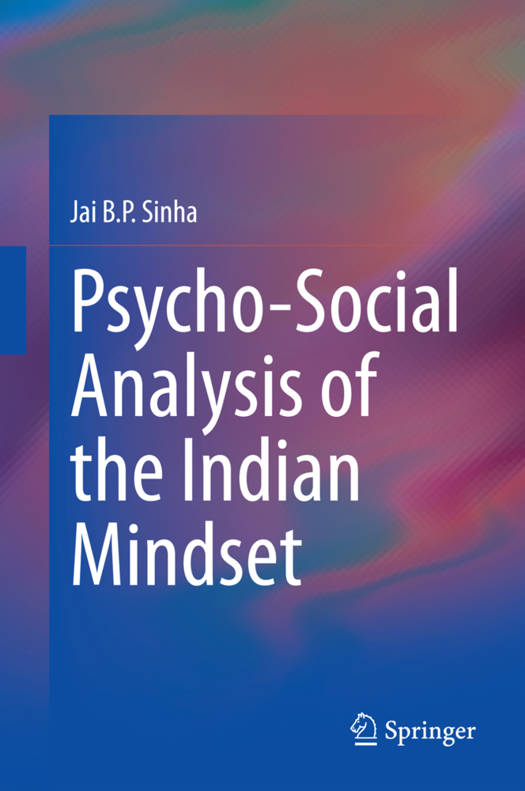
- Afhalen na 1 uur in een winkel met voorraad
- Gratis thuislevering in België vanaf € 30
- Ruim aanbod met 7 miljoen producten
- Afhalen na 1 uur in een winkel met voorraad
- Gratis thuislevering in België vanaf € 30
- Ruim aanbod met 7 miljoen producten
Omschrijving
This volume situates Indians in the contemporary world and profiles the major facets of their thought and behaviour; then goes back to trace their roots to ancient thought to see how the past predisposes and the present guides Indians in their everyday life. The volume begins with a conceptual framework showing how the Indian worldview has encompassed and enveloped a variety of ideas and influences from divergent sources. As a result, Indians are both collectivists and individualists, hierarchically oriented while respecting merit and quality, religious as well as secular and sexually indulgent, spiritual as well as materialists, excessively dependent but remarkably entrepreneurial, non-violent in principle but violent in practice and comfortable in shifting between analytical, synthetic as well as intuitive approaches to reality. Such a coexistence of opposites often causes inaction, hesitation and perfunctory action, but also equips Indians to be innovative by continuously aligning their thought and behaviour to the demands of a milieu. The milieu has an inner layer consisting of desh (place), kaal (time) and paatra (person), which are embedded in the larger societal contexts of castes and classes, poverty, corruption, fragmenting politics, conflicts and violence and unfolding global opportunities and challenges. Cultural heritage permeates in all these. Indians function in this tiered, multifactorial, dynamic space.
This volume draws evidence from ancient texts and the latest national and international research, many of which were conducted by the author and his associates. It does not, however, hesitate to indulge in anecdotal evidence, cases and speculative ideas in order to complete the picture. The author takes an in-depth view of the Indian mindset without getting the reader lost in either the intricacies of ancient philosophical abyss or the trivialities of present-day non-events.
Specificaties
Betrokkenen
- Auteur(s):
- Uitgeverij:
Inhoud
- Aantal bladzijden:
- 244
- Taal:
- Engels
Eigenschappen
- Productcode (EAN):
- 9788132218036
- Verschijningsdatum:
- 3/11/2014
- Uitvoering:
- Hardcover
- Formaat:
- Genaaid
- Afmetingen:
- 156 mm x 234 mm
- Gewicht:
- 553 g

Alleen bij Standaard Boekhandel
Beoordelingen
We publiceren alleen reviews die voldoen aan de voorwaarden voor reviews. Bekijk onze voorwaarden voor reviews.











